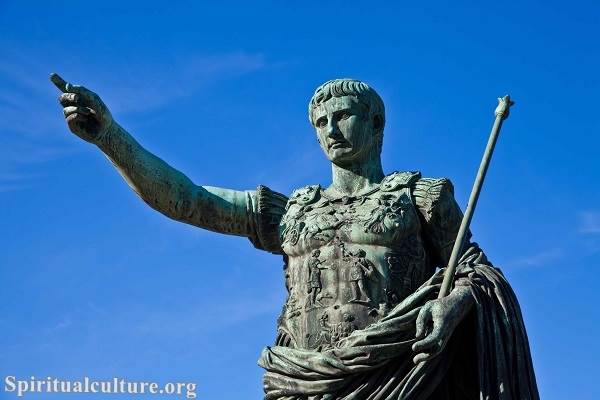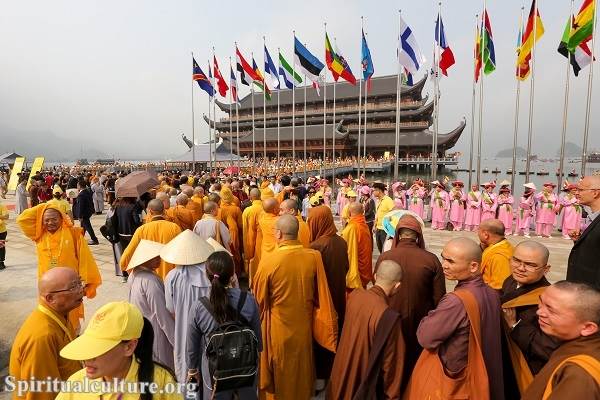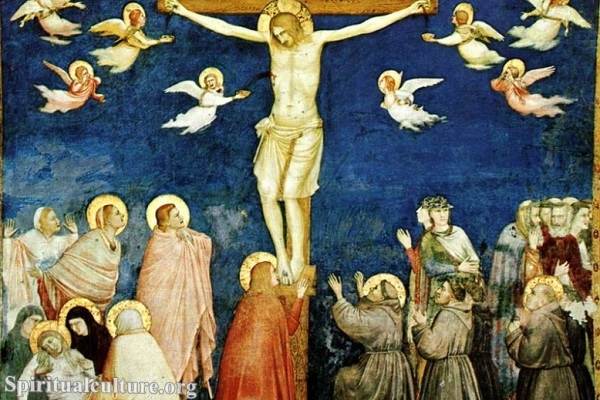Religious leaders have long stood at the crossroads of heaven and earth—interpreters of divine truth, caretakers of spiritual communities, and moral beacons in the often chaotic world. Whether in temples or churches, mosques or synagogues, monasteries or shrines, their role is more than ceremonial; it is deeply formative, emotionally nurturing, and culturally influential.
Spiritual Culture invites you to explore a question as ancient as faith itself: What is the true role of a religious leader? Beyond robes and rituals, what are they meant to offer the human soul? In a world both hungry for meaning and wary of authority, their role is both evolving and enduring. This article opens a sacred window into their purpose—one grounded in love, service, and sacred responsibility.
The Shepherd of Souls: A Timeless Calling
Serving as Spiritual Guide and Teacher
At the heart of every faith tradition lies a central truth: the path to the divine is both inward and communal. Religious leaders serve as guides on this path, helping others navigate spiritual questions, life transitions, and the mysteries of existence.
- In Christianity, the pastor or priest echoes the image of the “Good Shepherd.” Jesus said, “I am the good shepherd. The good shepherd lays down his life for the sheep” (John 10:11). Religious leaders are called to mirror this self-giving care.
- In Buddhism, a teacher (guru or lama) offers wisdom, not by force, but by illumination—pointing toward liberation from suffering and attachment.
- In Islam, the Imam leads prayer, but more importantly, offers taqwa—consciousness of God—as a foundation for community life.
Their role is not to claim divine authority over others but to help others awaken their own relationship with the sacred.
Translating Sacred Texts into Daily Life
Scriptures are timeless, but people live in time. A central responsibility of any religious leader is to translate eternal truths into today’s context. Whether unpacking a parable, interpreting law, or offering moral guidance, their task is not merely academic—it is deeply pastoral.
For example:
- A rabbi doesn’t just recite Torah; they apply it to the ethical questions of modern life.
- A Hindu priest invokes the Vedas but also blesses marriages, comforts grieving families, and offers puja (worship) in personal moments of need.
By doing so, they bridge divine revelation and daily experience, ensuring sacred texts remain living guides—not relics of the past.
The Guardian of Community: Holding Space for Unity and Healing
Building and Sustaining Sacred Community
The role of a religious leader is not solitary. It is deeply relational. They are the weavers of communal life—holding together people of different ages, backgrounds, and struggles into a shared sacred rhythm.
- In a monastery, the abbot or abbess oversees spiritual practice and shared life.
- In a mosque, the Imam cultivates brotherhood through Friday sermons and community support.
- In indigenous traditions, elders pass on wisdom, stories, and values, often without formal titles, but with profound authority.
These leaders hold the spiritual “container” of community—ensuring it is safe, welcoming, and aligned with divine purpose.
Offering Comfort in Crisis and Transition
When a child is born, a life ends, or a crisis shatters a home, it is often the religious leader who is called first. In these sacred thresholds of life—birth, illness, marriage, death—they become presence-bearers. They don’t always have the answers, but they offer presence, prayer, and peace.
As the Bible says, “Rejoice with those who rejoice, weep with those who weep” (Romans 12:15). Religious leaders embody this calling—walking with others through joy and sorrow alike.
The Voice of Moral Conscience: Speaking Truth with Courage
Calling for Justice and Compassion
A true religious leader does not only preach comfort—they must also proclaim truth. In many traditions, prophets and saints were those who challenged injustice, stood with the marginalized, and reminded society of its sacred obligations.
- Martin Luther King Jr., a Baptist minister, called for racial equality grounded in Christian love and justice.
- Mahatma Gandhi, though not a formal priest, led with deeply spiritual conviction rooted in Hindu and Jain principles of nonviolence.
- Pope Francis continues to urge global compassion for the poor, refugees, and the environment.
Whether addressing political corruption, economic inequality, or social prejudice, a religious leader’s voice should rise as the conscience of the people.
Balancing Tradition and Change
In times of cultural shift, religious leaders often stand at a tense intersection. Some cling too tightly to tradition, others rush too quickly to adaptation. The wise leader listens deeply—to the sacred text, to the needs of the people, and to the whispers of the Spirit.
This role requires both courage and humility. They must discern:
- What must be preserved as sacred essence
- What can be reimagined for a new generation
It is a delicate task: to stay rooted and yet open.
The Embodiment of Devotion: Living What They Preach
Walking the Talk with Integrity
The power of a religious leader lies not in their title, but in their testimony. Their life must embody the values they proclaim. As Jesus taught, “You will know them by their fruits” (Matthew 7:16). A life of kindness, simplicity, prayer, and self-discipline speaks louder than any sermon.
Across faiths, there are examples:
- The Buddhist monk who lives simply and meditates daily
- The Christian pastor who visits the sick without fanfare
- The Jewish cantor whose prayer life shapes every note sung
- The Sufi master who teaches through presence, not preaching
Their inner life becomes a beacon—inviting others not just to believe, but to become.
Being a Lifelong Learner
True leaders remain students. They know that spiritual depth is not static—it is a lifelong journey. Whether studying sacred texts, reflecting in solitude, or listening to the stories of their people, they stay open to growth.
In the words of the Quran, “Say, ‘My Lord, increase me in knowledge’” (Surah Taha 20:114). Humility and learning are marks of a spiritual guide.
Different Traditions, Shared Responsibilities
Though the names and functions differ—Imam, Priest, Rabbi, Monk, Minister, Lama, Shaman—the essential role of the religious leader echoes across traditions.
| Faith Tradition | Typical Title | Core Functions |
|---|---|---|
| Christianity | Priest / Pastor | Teach, shepherd, administer sacraments |
| Islam | Imam | Lead prayer, interpret Quran, counsel |
| Judaism | Rabbi | Teach Torah, guide community, officiate |
| Buddhism | Monk / Lama | Meditate, teach Dharma, offer example |
| Hinduism | Guru / Pandit | Perform rituals, teach, preserve dharma |
| Indigenous Faiths | Elder / Shaman | Heal, guide, connect with spirit world |
Regardless of structure, their heart remains the same: To serve the sacred in the midst of the human.
Reflect and Reimagine: What This Means for You
To understand the role of a religious leader is to glimpse the human need for guidance, meaning, and belonging. In every era, we long for voices that help us reconnect with the eternal in the midst of the everyday.
If you are part of a faith tradition, perhaps this is an invitation to:
- Appreciate the unseen labor of your spiritual leaders
- Reflect on what leadership means in your own life
- Support those who carry the weight of sacred responsibility
If you are outside traditional religion, perhaps you can recognize:
- The universal longing for moral clarity and spiritual wisdom
- That leadership, at its best, is not about control, but compassion
At their highest, religious leaders are not gatekeepers—they are door-openers. They do not demand worship of themselves but point toward a reality greater than all of us.
As Spiritual Culture, we believe every soul carries the light of leadership within. Some are called to guide communities; others to guide children, families, or even just one friend at a time. The question is not only who are our leaders, but how are we leading one another into truth, hope, and love?
Let us honor those who serve with humility—and may we all, in our own way, become vessels of sacred care.





